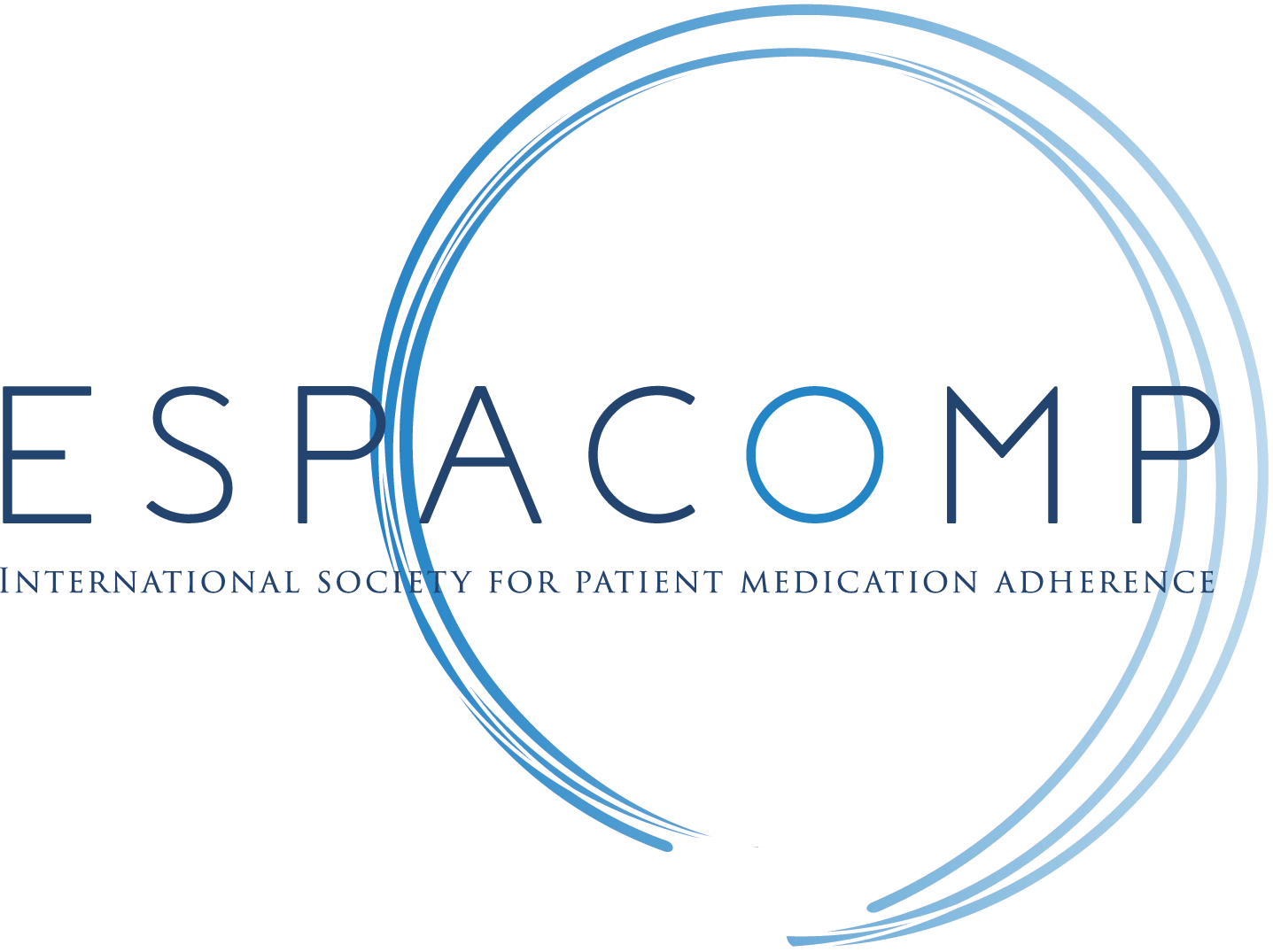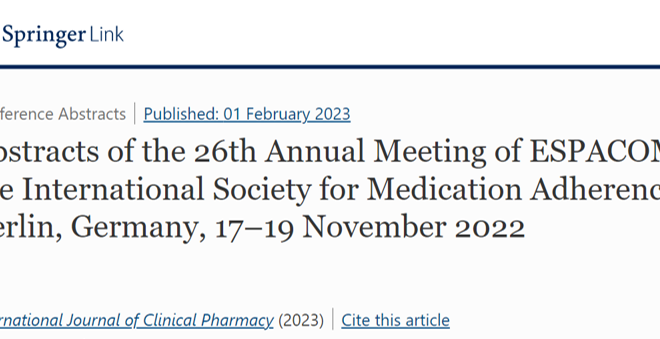International experts in anticoagulation launch an interprofessional Guideline to support patients receiving oral therapy: New research from Int J Clin Pharm
The need to create a new Guideline emerged from the observation that anticoagulation therapy is consistently among the top five reasons for hospital admission, suggesting management of such therapy is suboptimal. Moreover, there was a need to complement those created by well-recognised societies and associations, such as the European Heart Rhythm Association (EHRA) and the European Society of Cardiology (ESC), where greater multidisciplinary vision was needed focusing on the complete patient journey from initiation of therapy to long term management of anticoagulation. iPACT (International Pharmacists for Anticoagulation Care Taskforce) is a multi-disciplinary network of experts ideal to initiate the creation of a new Guideline.
Over 20 experts representing several countries and professions participated in this consensus-seeking process. The new Guideline was created through extensive work, including a Delphi exercise comprised of four internet-based rounds with an international expert panel, as well as face-to-face semi-structured group discussions and two broader consultation rounds of international key opinion leaders and international umbrella organizations. iPACT made 18 recommendations in the new Guideline, providing the base for optimization of oral anticoagulation care for patients across different countries and health care systems.
The top 5 interprofessional recommendations in the Guideline made to support patients receiving oral anticoagulation therapy were:
- INR-monitoring,
- Transfer of Care between health care settings,
- Adherence to medication,
- Patient communication and Engagement and
- Medication Reconciliation and medication review.
“This international Guideline is an excellent starting point to help guide practice change in our respective countries! We now need to engage our national healthcare leaders to help with the dissemination and application of the Guideline at the primary points of care. Only then will we unlock the potential positive clinical impact,” says Dr. Bernard Vrijens, Chair of ESPACOMP and also an iPACT member. Other ESPACOMP members were involved in the guideline development, namely Dr. Isabelle Arnet and Dr. Filipa Alves da Costa.
Key takeaways
- The new Guideline aims to improve the quality of life for all of those diagnosed with atrial fibrillation
- There are 18 recommendations in the Guideline. The top 5 recommendations are:
- INR-monitoring
- Transfer of care between health care settings
- Adherence to medication
- Patient communication and Engagement
- Medication Reconciliation and medication review
- Recommendations need to be translated into clinical practice, for which interprofessional collaboration is essential
- Download and print the one-page summary of the Guideline here or the extended version here.
- The full publication where the guideline development is described is available in the International Journal of Clinical Pharmacy and open for download.
Categories
- Annual Meeting (8)
- Collaborations (4)
- Other meetings (2)
- Policy Brief (1)
- Publications (11)
- Uncategorized (5)
- Who is … (5)



